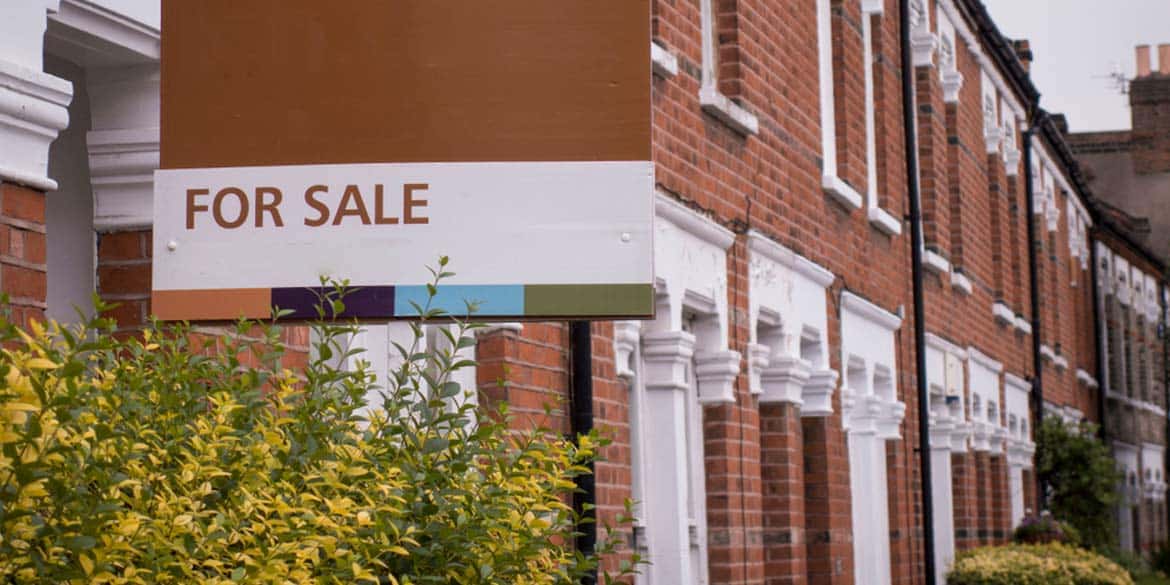
Shared Ownership is a scheme – usually run by housing associations – that enables first-time buyers to get a foot on the property ladder by part-owning a house in partnership with a housing association.
Most schemes allow you to buy between 25-75% of a property initially and pay a discounted portion of rent on the housing association’s remaining share. There’s typically the option to ‘staircase’ the mortgage too, which means taking on larger increments of the ownership – often in 10% increases – over time until you buy out the housing association’s share.
The terms of every shared ownership scheme are slightly different but, in most cases, the housing association has the ‘right of first refusal’ to buy your share if you decide to sell your property. This may even be the case if you’ve stair-cased your way to 100% of the mortgage. Your lease will lay out the terms to which you must adhere so if you haven’t checked already, that’s your first task.
Many shared ownership scheme leases require the seller to seek an independent shared equity valuation when they want to move on and even if it isn’t a term of your lease, getting a valuation will give you essential information about the current market value of your home.
This will assist you in negotiating a fair price for your percentage of the property when you sell so whether you have to sell your share back to the housing association or not, it’s important that you have a clear understanding of how much your percentage is worth.
A shared equity valuation is carried out by a RICS Registered valuer that is independent of both parties (the vendor and the housing association). The report determines the value of the property in the current market place without counting any improvements that have been made since the property was acquired. Many housing associations have strict guidelines about disregarding the value of improvements but you should always check the terms of your lease.
Where possible, a shared equity valuation will include details of two or three comparable properties that have sold locally within the last three to six months. This provides supporting evidence that the value is realistic.
The valuer will want to know the terms of your lease, any changes to ground rent, service charges, building maintenance fees, insurance costs and so on to consider these factors in the valuation.
You will be given a copy of the report but should find out whether it needs to be addressed to you or to the housing association. The valuation will be valid for three months. If you need to rely on the valuation for stair casing or a sale after this time, you must renew the valuation or get a retype from the surveyor to verify that the original value is still correct and the market has not changed significantly.
In most cases, when you come to sell a shared ownership property, the housing association will want to find another buyer who fits the criteria for the scheme.
They will handle the marketing, process applications, choose a potential buyer, liaise with all the parties and take the sale through to completion.
However, there is usually a time limit on the ‘right to first refusal’. This means that, if the housing association hasn’t been able to find a suitable buyer within an allotted time period – often eight weeks – they have to allow you to instruct an estate agent to market the property and handle the sale.
If this happens to you, the shared equity valuation that you secured at the beginning of the process will give you up-to-date information about how much your property can realistically sell for. This can make it a strong negotiation tool.
…..
If you’re selling a shared ownership home, our general practice team have valuers experienced in Shared Equity Valuations. Simply fill out our quick contact form and a member of the team will be in touch.